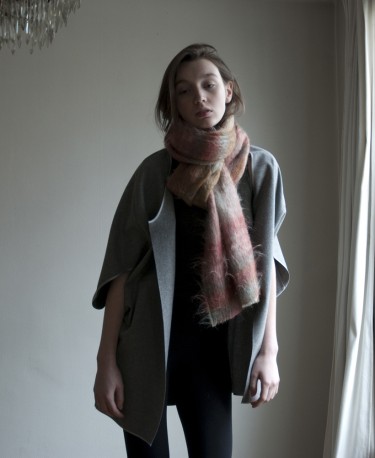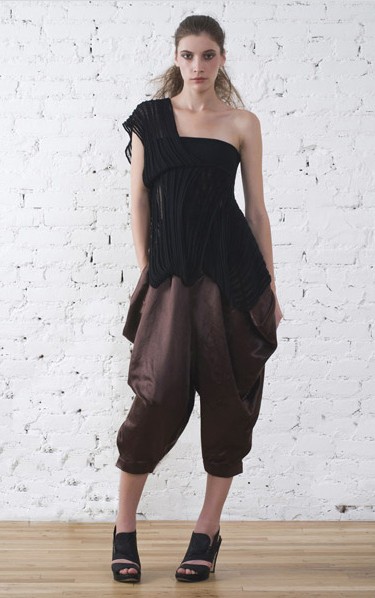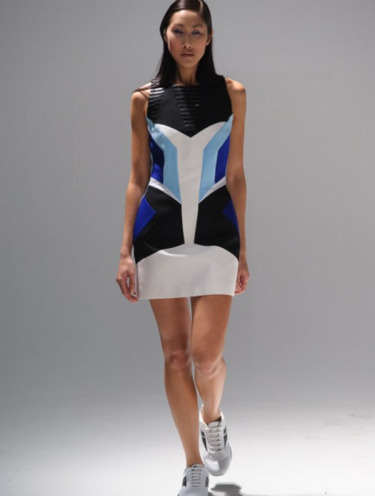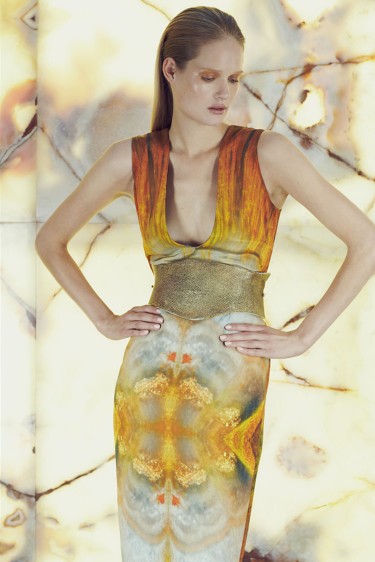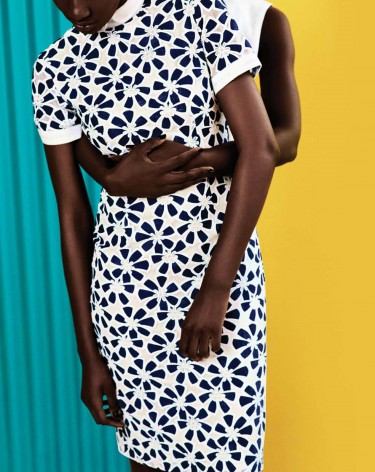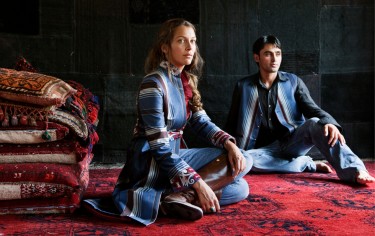Celine Faizant

Graduating from the Union Chamber of Paris sewing school, Celine Faizant worked as a first hand and modeller in some of the most renowned atelier’s of Paris, including Chanel Haute Couture and Christian Lacroix. Her atypical career started on the French Riviera where she sold her own creations in the craft markets of Saint Tropez and Saint Raphaël. In Paris artist squats, she conducted experimental work on recycling fabric, created from plastic and industrial materials, producing a line of “resurrected” clothing. Her work took on an additional dimension when she combined her creation with her commitment to the protection of the planet, motivated by a four-year survey on textile industry pollution.

Developing her own techniques, neither haute couture nor ready-to-wear, Celine Faizant’s collections feature copious amounts of hand stitching. Styles are edgy and conceptual, with unusual silhouettes and proportions and intriguing detailing and draping. Each collection is comprised of a limited number of pieces, realized in ecological, organic or “fair trade” fabrics. Utilizing only natural fibers from biological or biodynamic agriculture, with no genetically modified crop content, pesticides or chemical fertilizers, their growers adhere to the growing principles of fallow soil and crop rotation. All hemp and wool are Ecocert certified, with cotton and linen carrying the SKAL or Ecocert label. Also working with a few small non-organic certified manufacturers and cooperatives, lacking the technical or financial means to afford organic certification, but which are, never the less substantially complying with its standards.
“Our first ecological criteria is to offer natural raw materials: linen, hemp, cotton, wool or silk and to exclude any synthetic fibers such as polyester, polyamide and elastane.”

To allow customers to evaluate each garment, each item carries an “Identity Card” hang tag, detailing the fabric’s origin, its production and processes. Celine Faizant produce their clothing in France, mostly with employee bought out companies. In all their channels of distribution, they endeavor to work with companies where the employees share in the profit, or are shareholders or owners of their business. For them, fair trade does not mean delocalization, choosing to enhance local know-how instead. Also working with artisanal cooperatives in Mali, producing beautiful hand-woven and handcrafted weaves. Cotton comes from local producers and is cultivated according to ancestral methods. Even the packaging of the garments adhere to ecological standards, with each piece coming in a non-bleached or dyed canvas bag in SKAL certified organic cotton, designed to be used again an again.
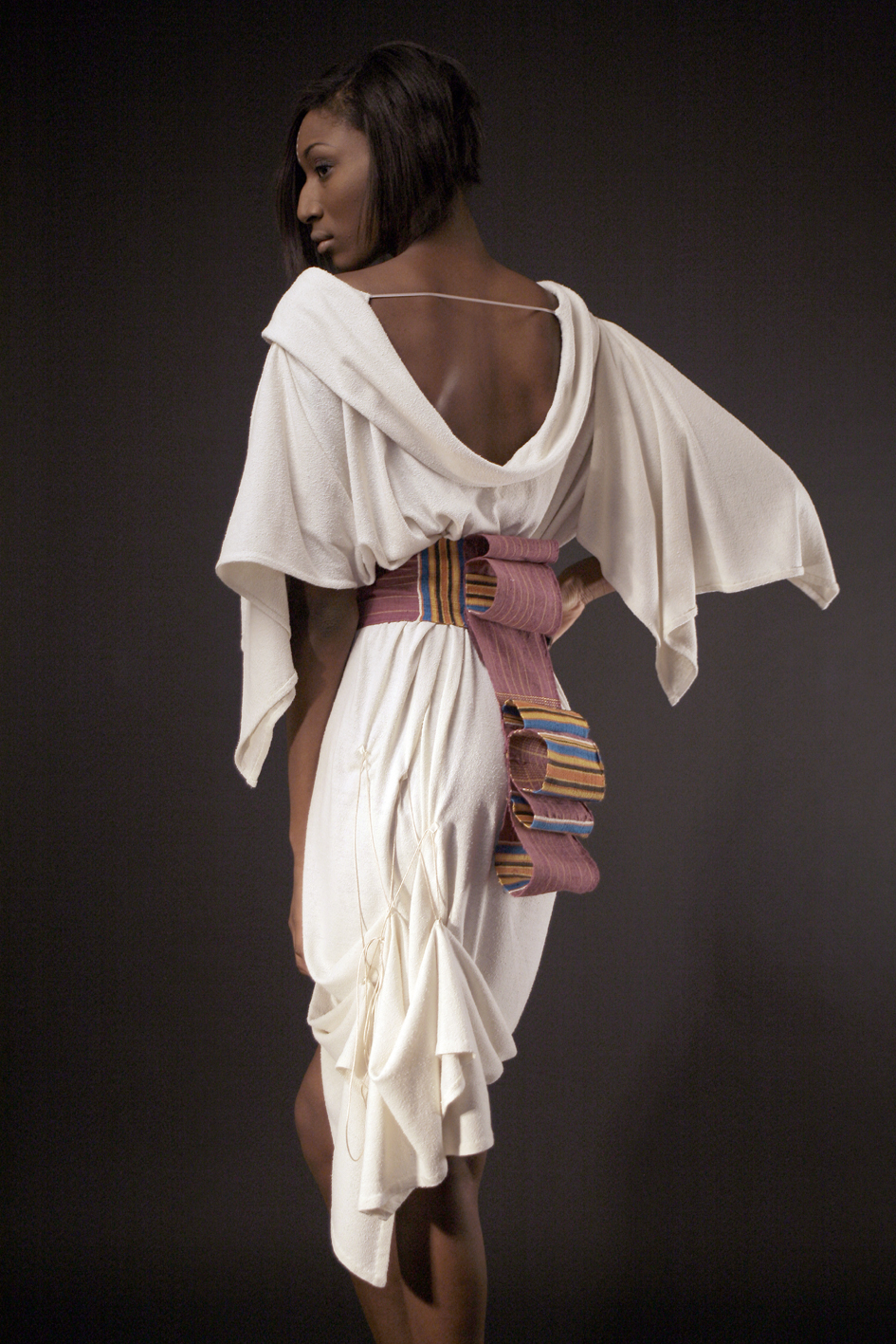
Website: www.celinefaizant.fr
